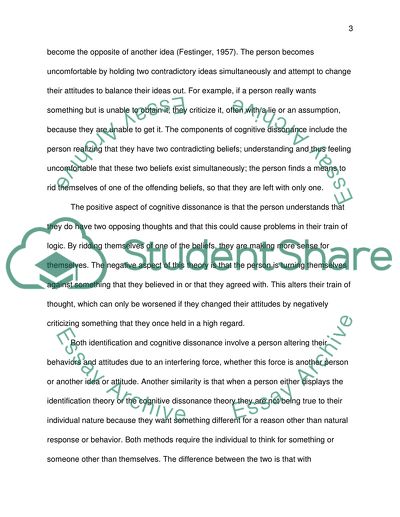Attitude Theories Essay Example | Topics and Well Written Essays - 500 words. Retrieved from https://studentshare.org/miscellaneous/1567027-attitude-theories
Attitude Theories Essay Example | Topics and Well Written Essays - 500 Words. https://studentshare.org/miscellaneous/1567027-attitude-theories.


